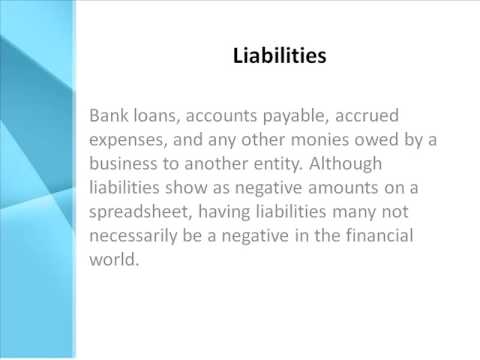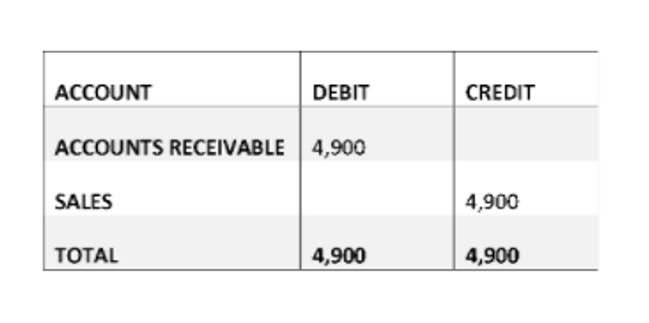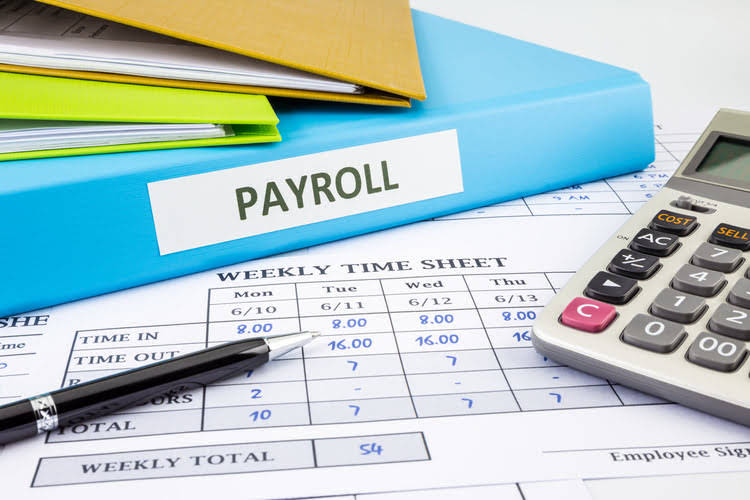In my personal and professional experience over the last several years I would say that accountants don’t generally have a high excitement for math more so then any other industry. Accounting is actually more about organization, puzzles, rules, and order. Strong math and analytical skills are a must for accountants — you’ve got those already. Accountants spend much of their time solving problems where they combine quantitative analysis with business strategy, legal perspectives and economic considerations. Accountants calculate the amount of interest owed on a loan and how companies should allocate their assets.
- Accountants must stay up to date on changing guidelines, quickly learn to use new tech tools, and keep up with other changes that affect their job.
- Not only will it look great on your resume and help you land a better job in the future, but it will help you understand the field better and maybe even lead you to a specialty.
- Having good organizational skills is a big advantage if you plan on pursuing a career in accounting.
- You may be pleasantly surprised to find that you already have sufficient math skills for the job.
There is so much more to being an Accountant than crunching numbers. While, yes, the nature of the financial services sector means your job will be numbers focused, it doesn’t mean that your job will only involve crunching numbers. However, this varies based on location, years of experience, and sector of employment. The accounting industry do you have to be good at math to be an accountant offers a lot of opportunities to grow and progress in your career. Accountants must have a thorough understanding of tax regulations and compliance obligations across local, state, and federal levels. Accountants need to be well versed in the accounting software such as QuickBooks, Xero, and Sage in line with the industry standard.
Do I Have to be Good at Math to Get an Accounting Degree?
Entry-level accountants have the right to perform basic bookkeeping, but have to pass additional professional examinations to become professional licensed accountants. If you want to be an accountant but you’re not good at math, don’t give up hope. Instead, speak with an advisor or career counselor at your school or an established accounting professional to find out how much math you will really need to do to earn your accounting degree.
- Accounting math is only one of many important skills for accountants.
- Extended timelines and upfront costs might deter some accountants from pursuing the CPA.
- Compliance officers make sure their companies follow the law when it comes to financial records.
- While most people can enter the field with relative ease, it may have more challenging aspects.
- Federal and state tax authorities, regulatory bodies, and audit teams provide jobs to accountants.
- Responsible for managing their companies’ general ledger, bookkeepers perform transaction data entry.
Accountants enjoy steady demand, and this evolving field is only becoming more competitive to enter. Read on to learn the top accounting skills you’ll need to succeed in this field. The accounting-mathematics connection is widely known but not widely understood outside of the accounting profession. Due to the importance of numbers in the work of an accountant, you might think that you will have to take numerous – and difficult – math courses to earn your accounting degree. There are also other jobs which are fantastic starting points for anyone wishing to enter the financial services sector, such as Accounts Payable or Receivable Clerk, or Bookkeeper. These roles do not require formal education, but a VET qualification will help you stand out from the crowd and give you a head-start in your career.
Bachelor’s in Accounting Math Requirements
Of course, just like most jobs, you’ll be expected to have a basic understanding of maths. But you don’t have to be able to solve complex maths problems in your head to be a good Accountant. Accountants need to be able to analyze financial data and interpret it to help decision-makers make informed choices. They should have the ability to identify trends, patterns, and discrepancies in financial records.
Ms. Money and Math adds up the good advice and subtracts the bad – MoneySense
Ms. Money and Math adds up the good advice and subtracts the bad.
Posted: Mon, 01 Apr 2024 07:00:00 GMT [source]
That’s what you did for four years as an undergraduate, learning and doing algebra, calculus, differential equations, discrete mathematics and more. You strengthened your problem-solving abilities, learned to think mathematically and sharpened your analytical skills. Factors such as economic growth, globalization and the complexity of tax law drive a need for accountants and auditors. As a result, the BLS projects over 125,000 accounting job openings annually from 2022 to 2032. During tax season, for example, you can expect to be much busier than normal. If you’re good at managing your time, this is an essential skill to have as an accountant.
How Much Math Is Required for a Degree in Accounting?
Many entry-level positions require a candidate to have a bachelor’s degree. In most cases, accountants can get away without any complex math knowledge. Nonetheless, they may need other skills to prosper in the financial accounting field. Prospective accountants have to complete a four-year bachelor’s degree in accounting. To prepare for these exams, students typically take additional specific courses either at their university or through test preparation companies.
However, you don’t necessarily need to be good at advanced math, since you’ll mainly need to be comfortable with basic equations, math concepts, and accounting software. These accountants work in the accounting department of a business and can work in varying roles, including financial analysis or management accounting roles. Creating accurate financial statements requires knowledge of business accounting practices, and the ability to spot trends and anomalies. Bookkeeping is the core of accounting as it affects all financial records.
The 20 Best Online Project Management Degree Programs
Accountants can increase their earnings by earning a master’s degree and professional licensure (e.g., CPA certification). Internal auditors review their companies’ accounting procedures and adherence to laws and regulations. They also assess financial records for potential areas of growth and increased efficiency. A certified public accountant, or CPA, deals with public financial documents such as tax filings. They deal with official company reports to investors, clients, and the Securities and Exchange Commission.
- You may also find accountants collaborating with each other, particularly in larger firms and businesses with more involved accounting needs.
- Since businesses don’t deal exclusively in whole numbers, it’s also important to have a solid grasp of percentages, fractions, decimals and ratios.
- While accounting is all about numbers, there is really no need for an accounting student to be a math whiz.
- Most people believe that they must know mathematics to study financial accounting.








